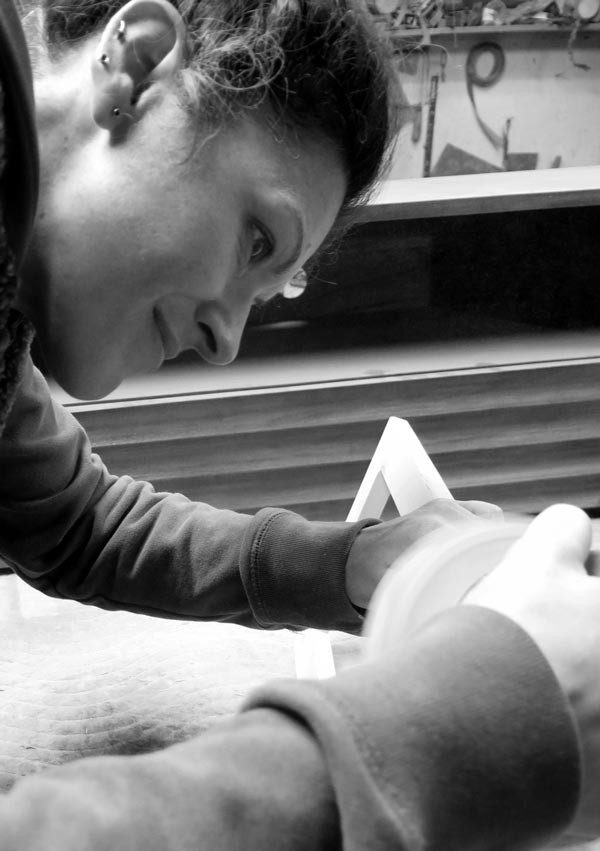YOUR MDES AT CONCORDIA
Why choose Concordia's Department of Design and Computation Arts?
Four reasons why you should do your MDes at Concordia
OUR FACULTY

Our faculty and curriculum see design as integrative, rather than as a collection of discrete practices. They focus on multidisciplinary research and seamlessly blend creative practice with philosophy and social activism, communication studies, history, semiotics, computer studies, Indigenous culture, and much more.
Faculty members are accomplished academics and experts from a diversity of backgrounds including:
- architecture
- industrial design
- graphic design
- fashion design
- game design
- exhibition design
- interaction design
- sound design
- new media
- illustration
PROJECTS, TOPICS AND SUPERVISION
The MDes program, immerses you in stimulating environment. Working closely with faculty, you will develop research and production skills in design that will open doors to many different career paths in design/creative industries, not-for-profit organizations, academia and research centres.
The MDes program values the importance of critical inquiry and privileges intellectual exchange. Weekly meetings supervised by faculty constitute an important forum, where students can add depth and complexity to their ideas, in the formulation of their individual projects. Students have the opportunity, on a regular basis, to present their studio work at reviews attended by fellow students, faculty members, and invited critics. Committee members provide a focused response to this work and prepare students for their concluding research-creation project and showcase.
Examples of potential topics and projects for the MDes include:
- developing strategies for sustainable design
- cultural and gender issues in design
- service design
- integrating cultural dimensions in information design
- improving health through design
- issues of legibility in graphic design
- public space design
- inclusive design
- universal design
- the built environment of the home
- renewable energy and design
- design and creativity
- design and food studies
- learning in augmented environments
- new forms of interaction for game design
- affective player experience and game design
FACILITIES
You will have professional tools, equipment, and technical support staff for all your projects and research in print, electronics, software, textiles, 3D printing, and CNC fabrication.
The Faculty’s Centre for Digital Arts provides computer labs, technological services for video and sound editing, and a wide variety of equipment including cameras, HD video cameras, audio recorders and microphones and more.
Depending on your research, you will likely have access to Concordia University research centres including the Milieux Institute and the Hexagram network for research-creation in media arts, design, technology, and digital culture. They are recognized for their multidisciplinary research and play a significant role in shaping cultural debates on the national and international stage.
Concordia University’s location in the heart of downtown Montreal, Canada, further enhances the Master of Design program. Montreal, a vibrant bilingual city, is distinctly positioned as an international leader in emergent design practices. The city was officially appointed a UNESCO City of Design in May 2006, a designation currently extended to a limited number of cities worldwide. This award highlights the fundamental role that design plays in the everyday lives of its citizens.

